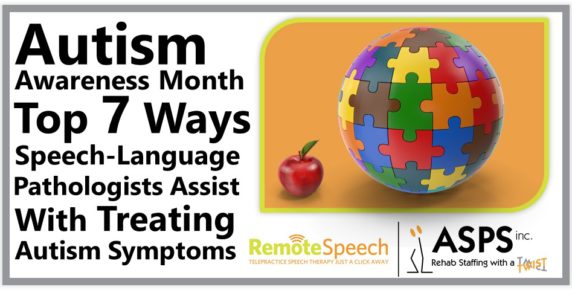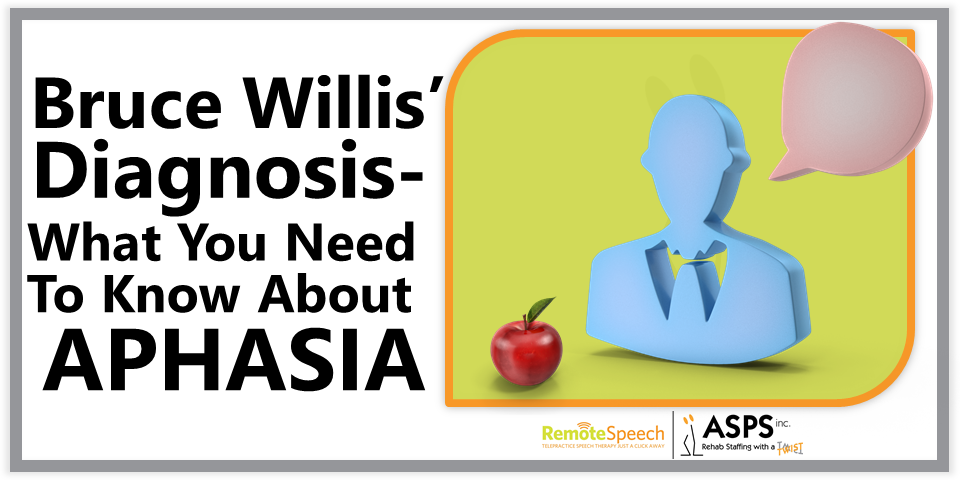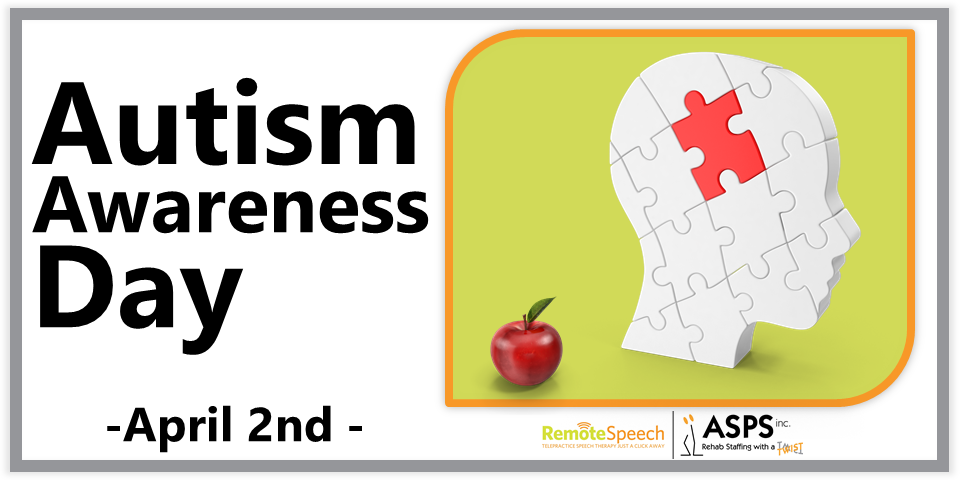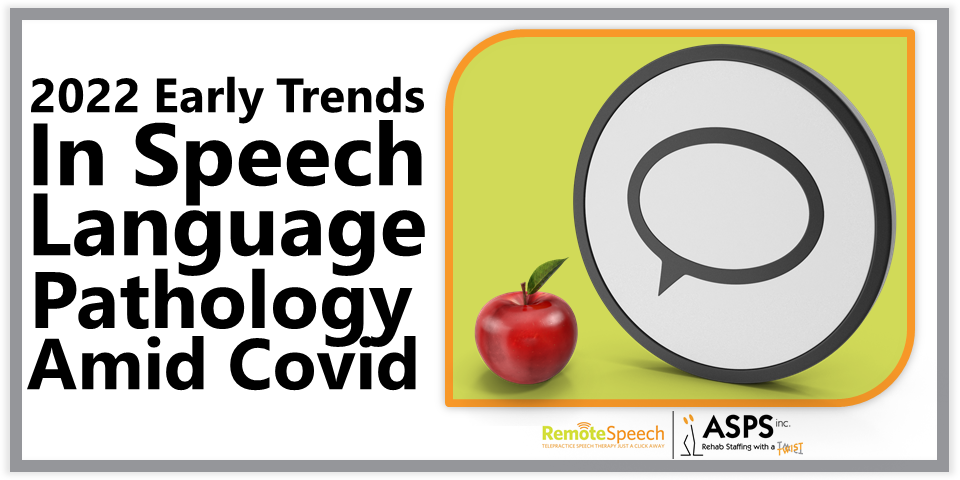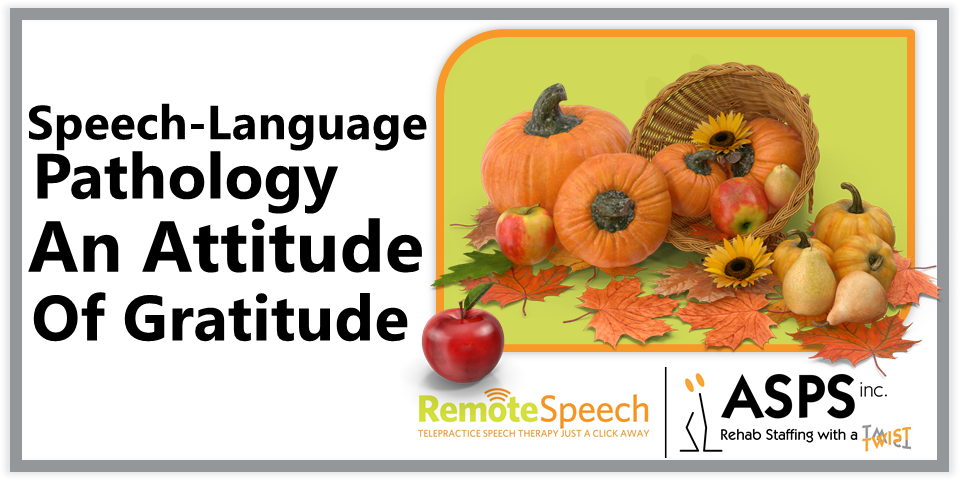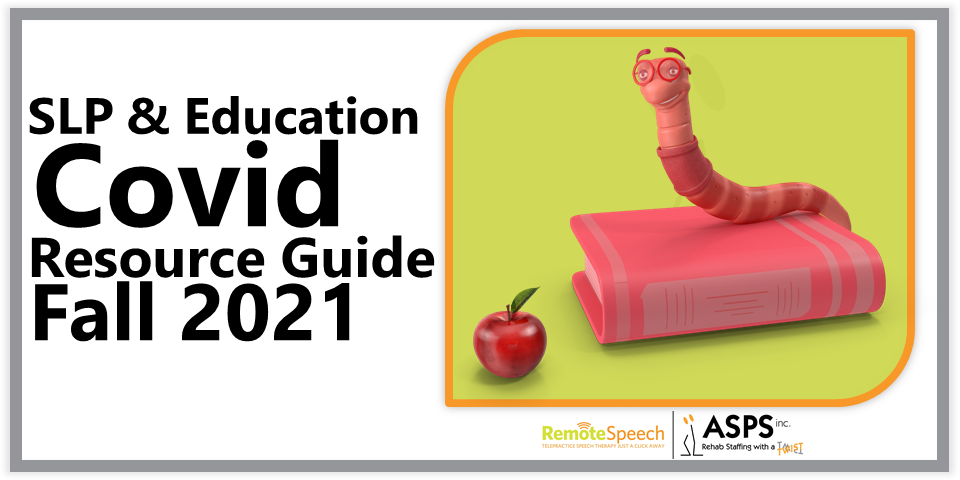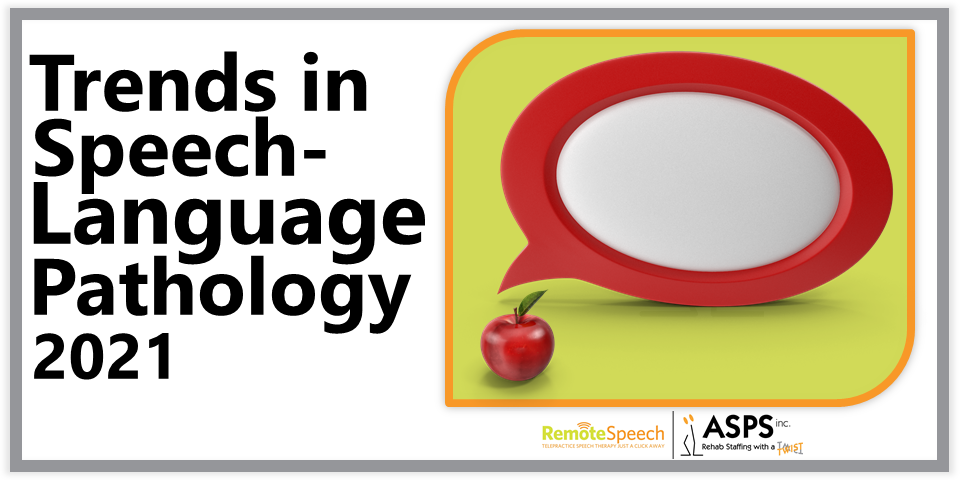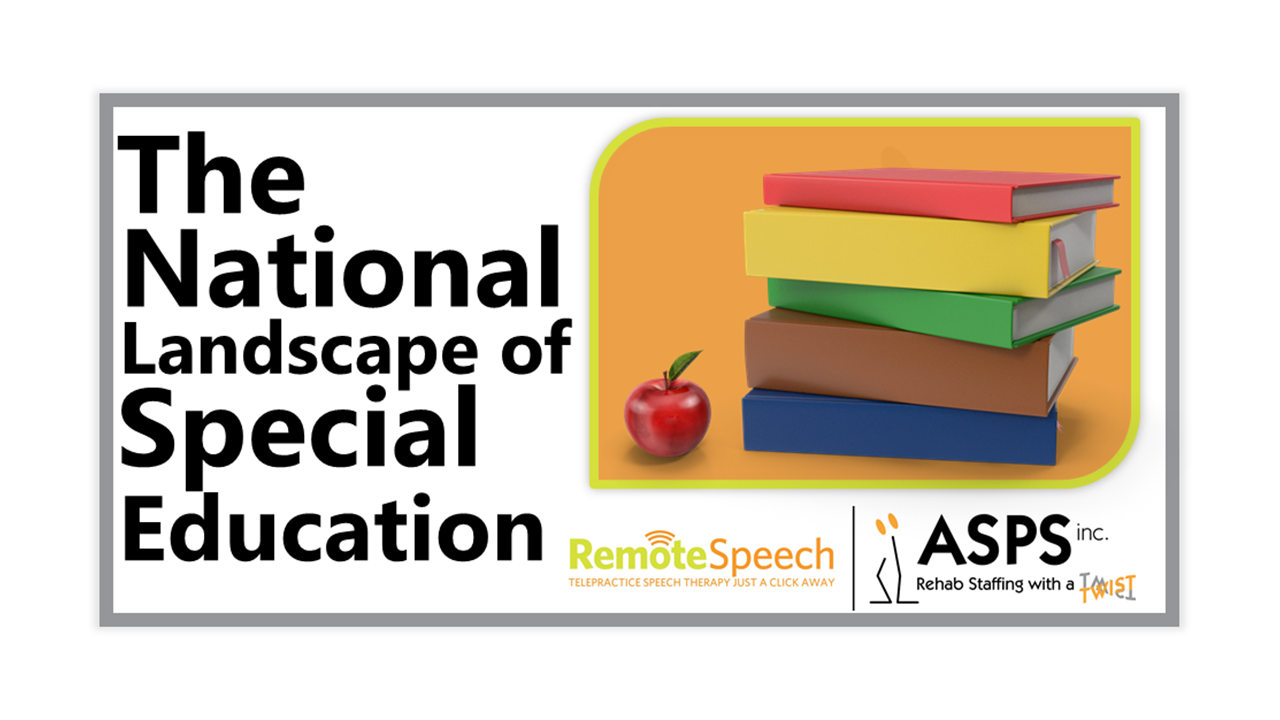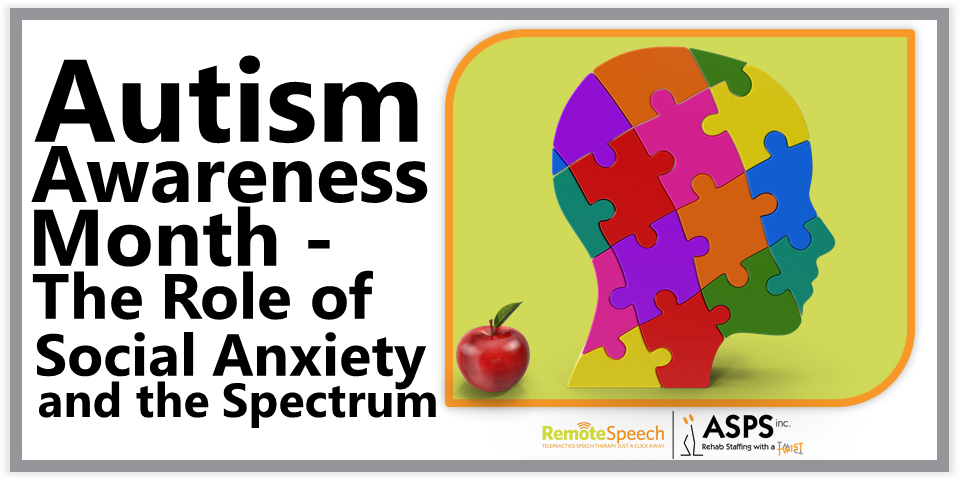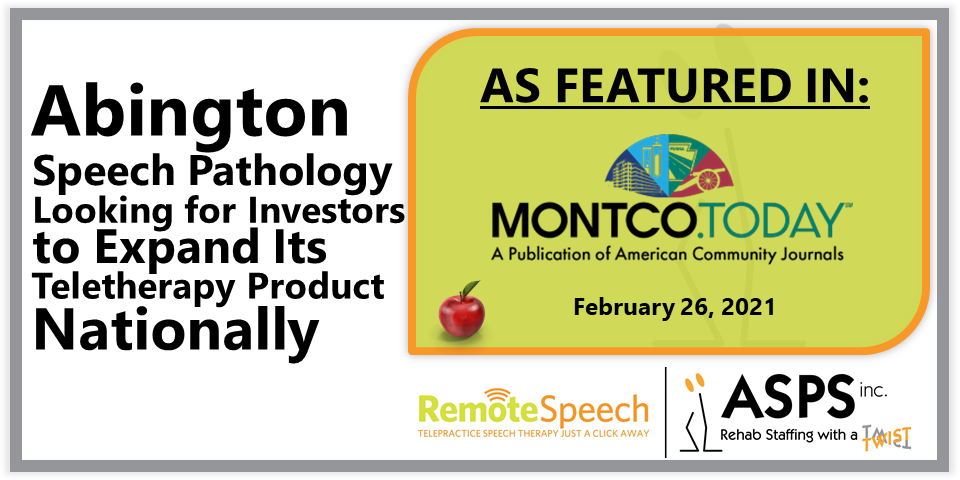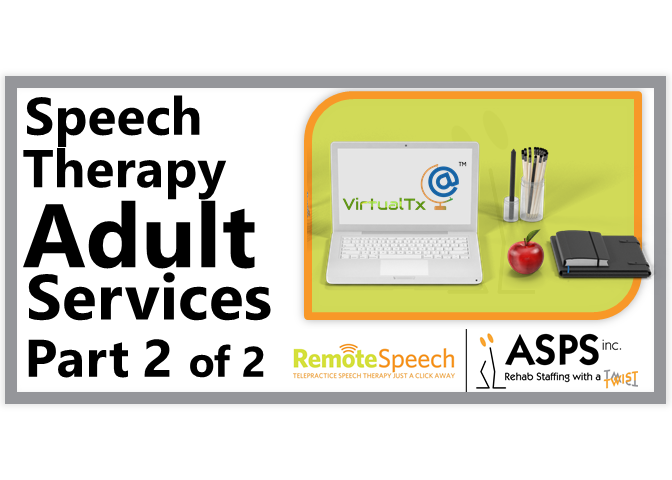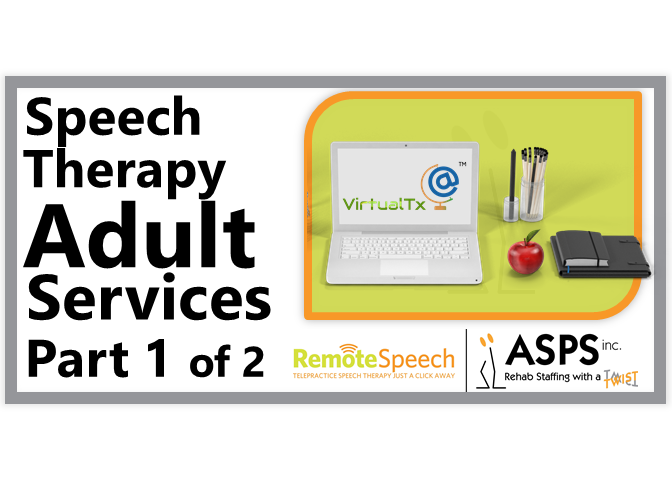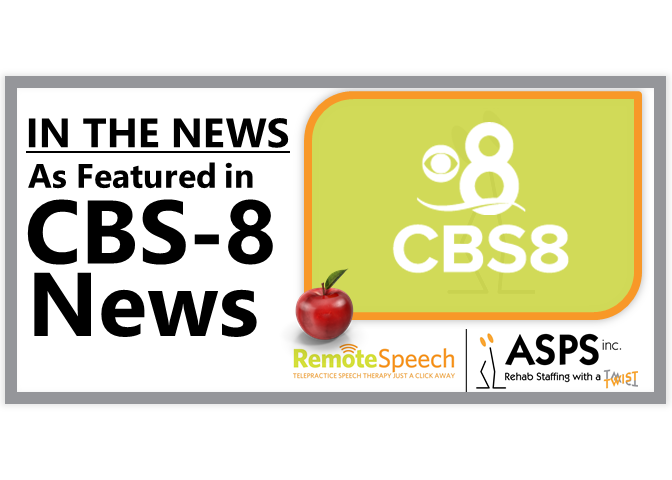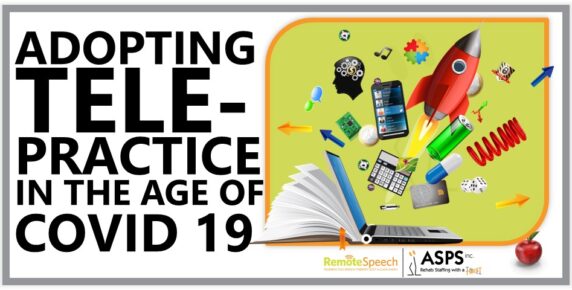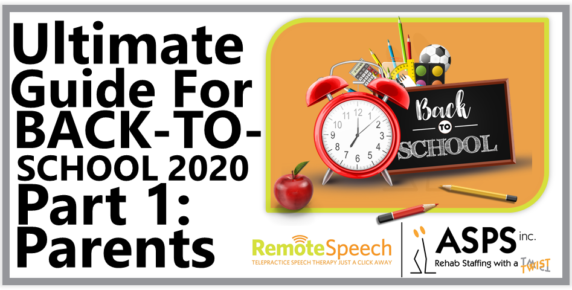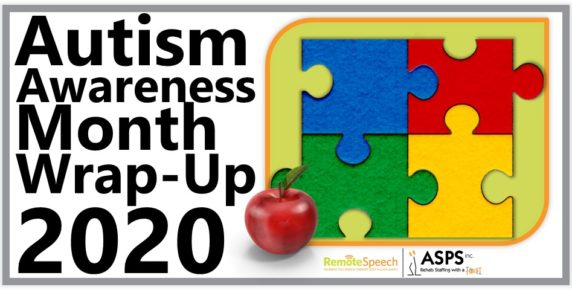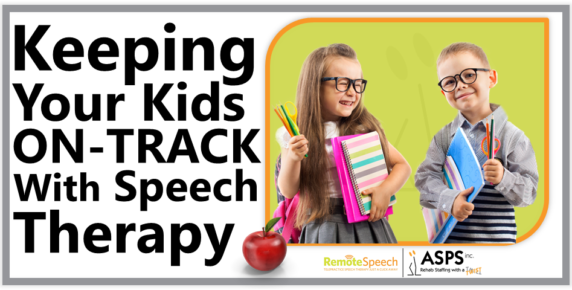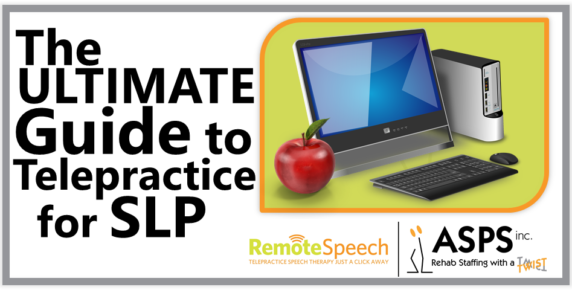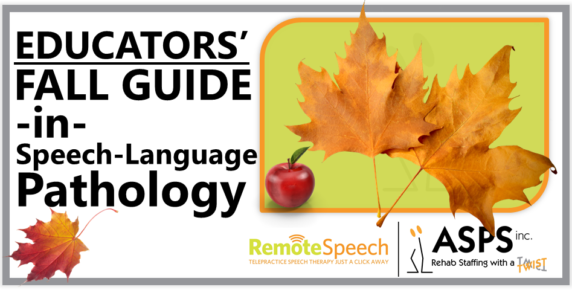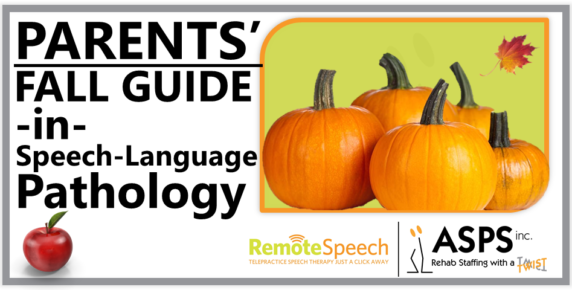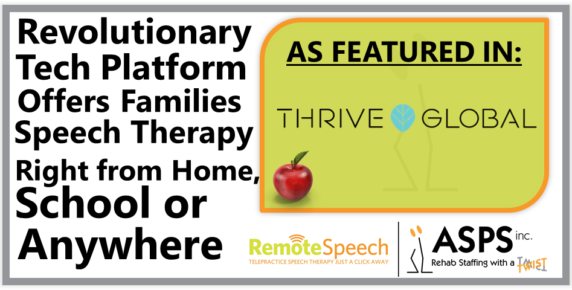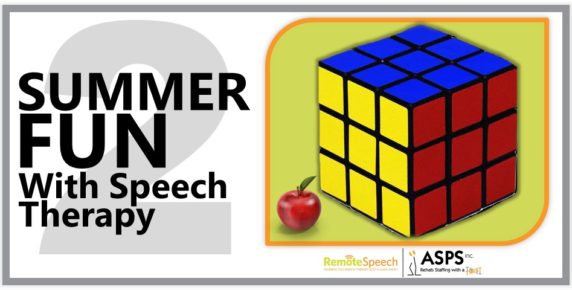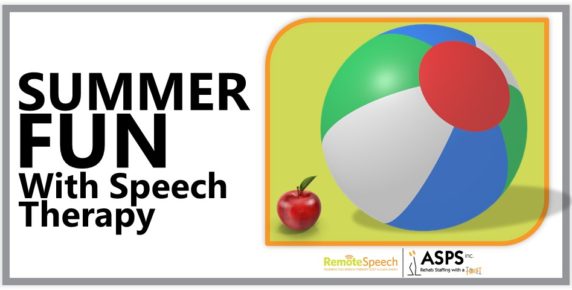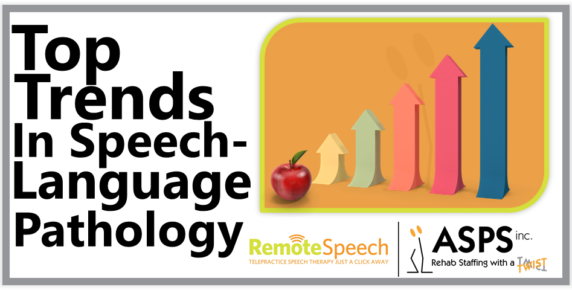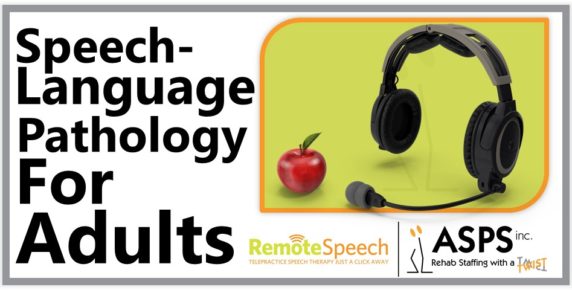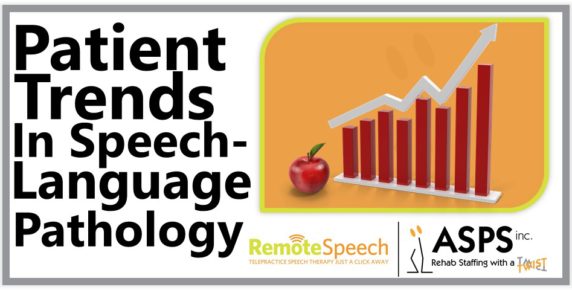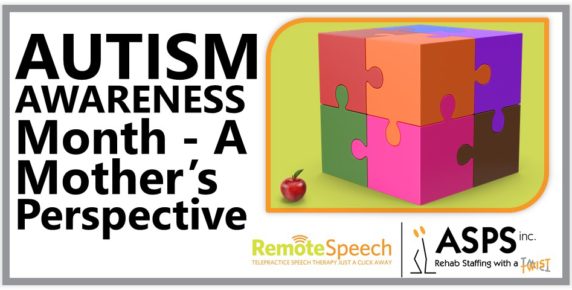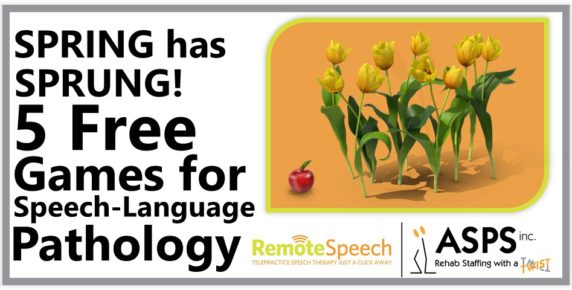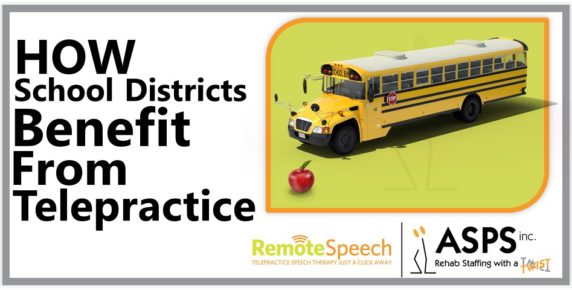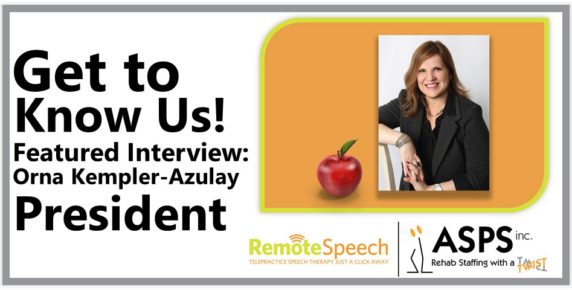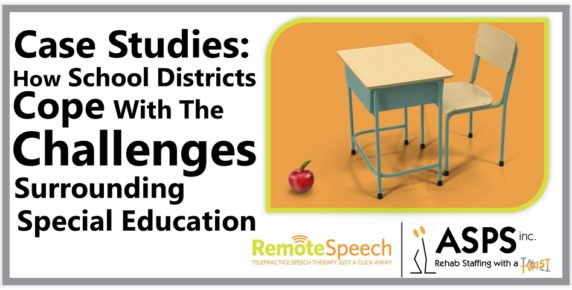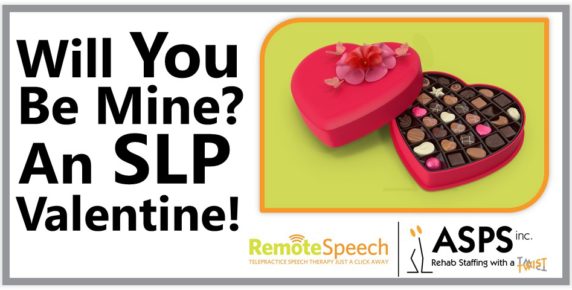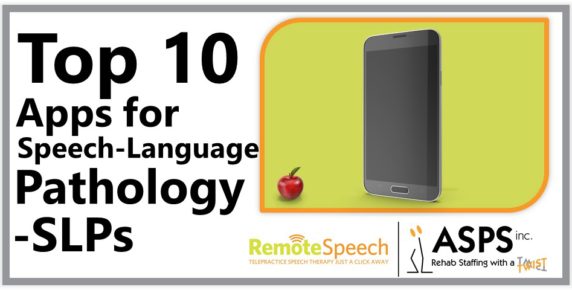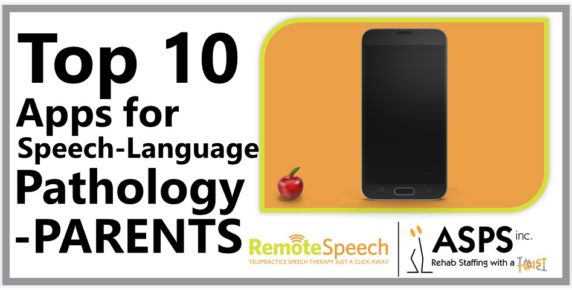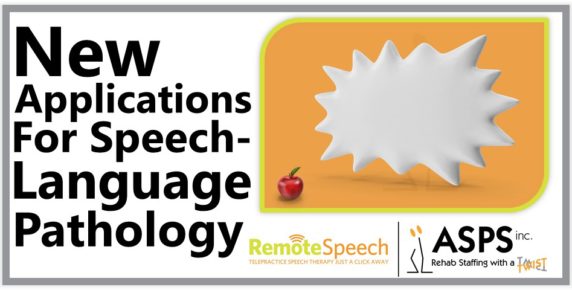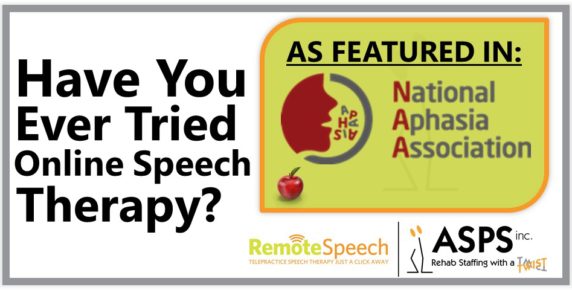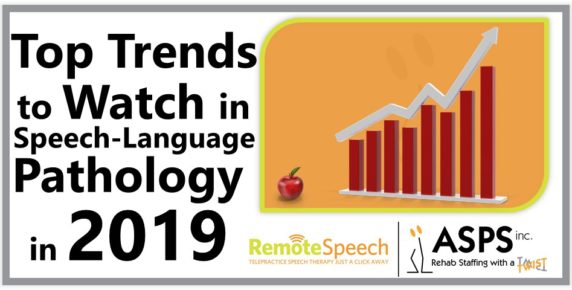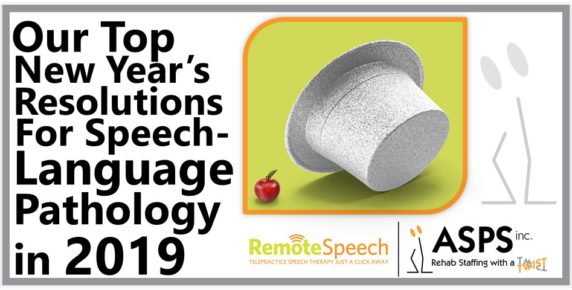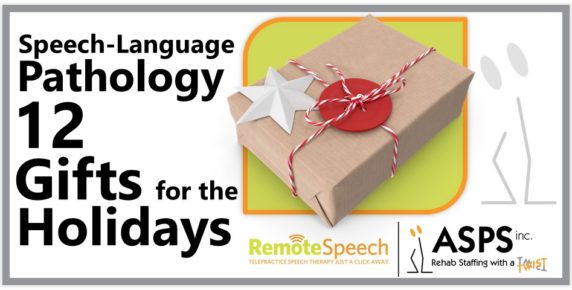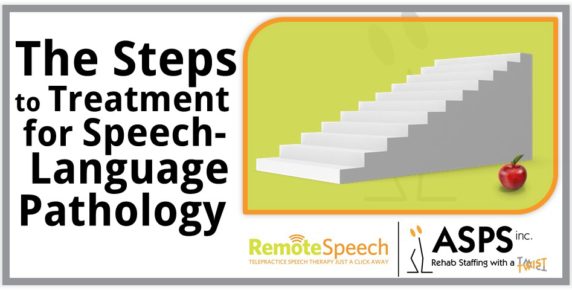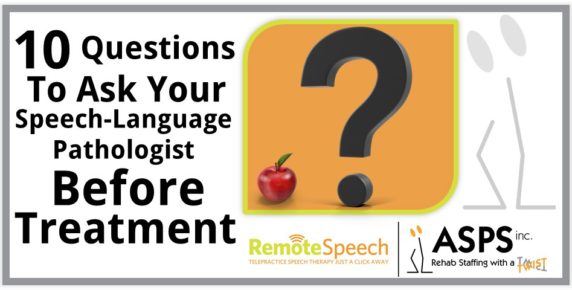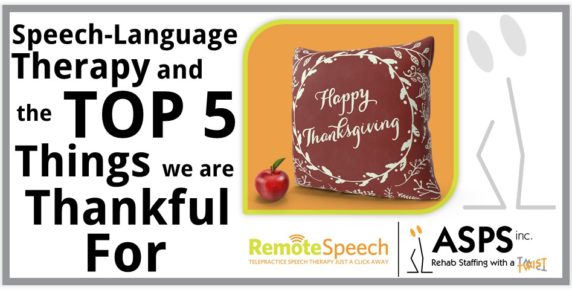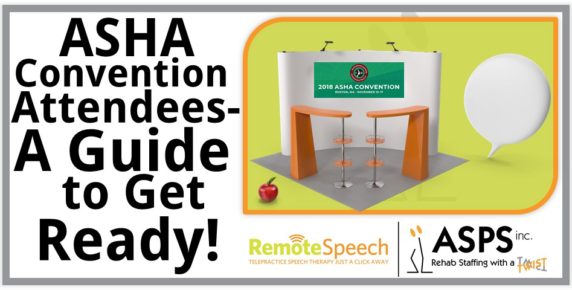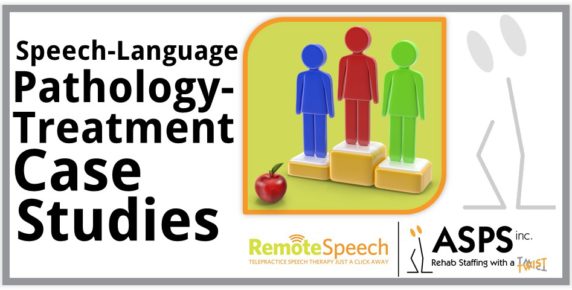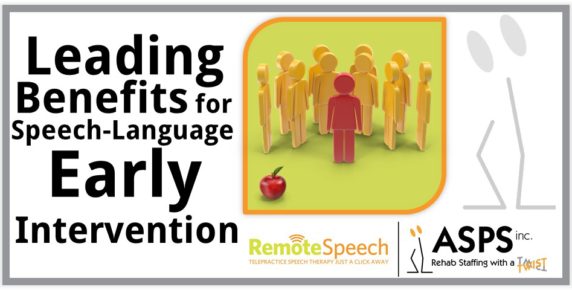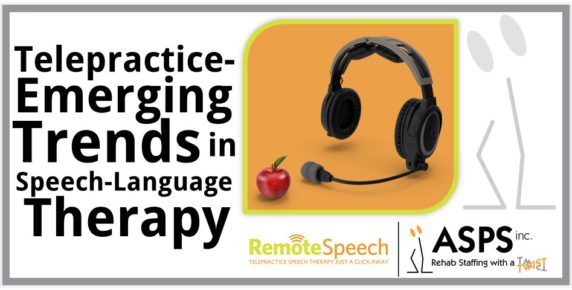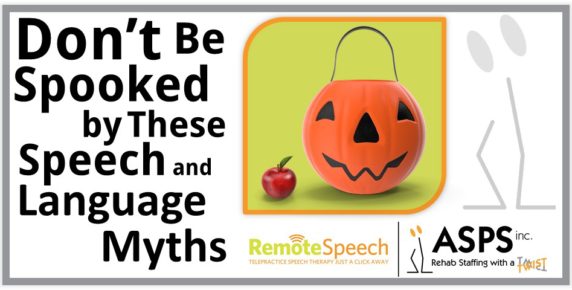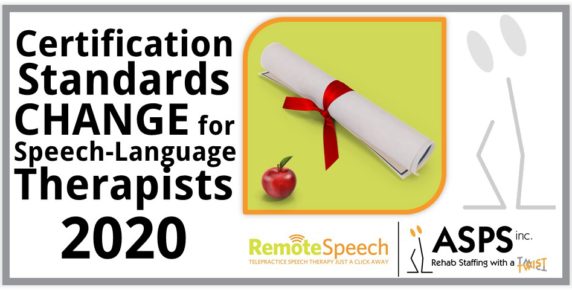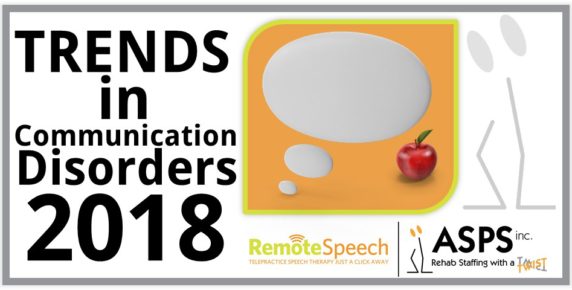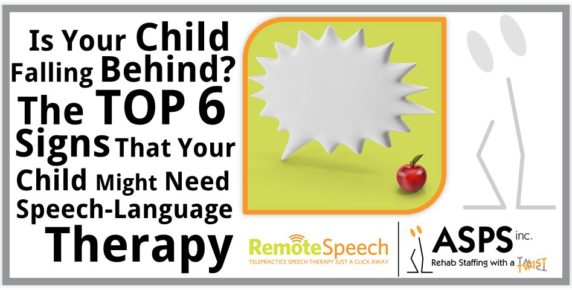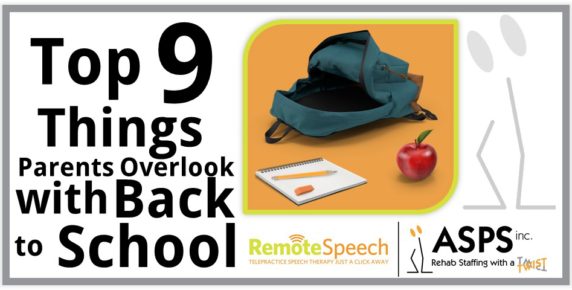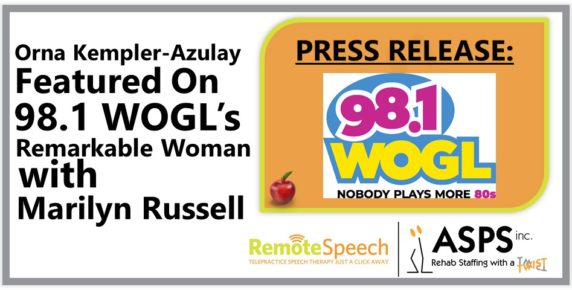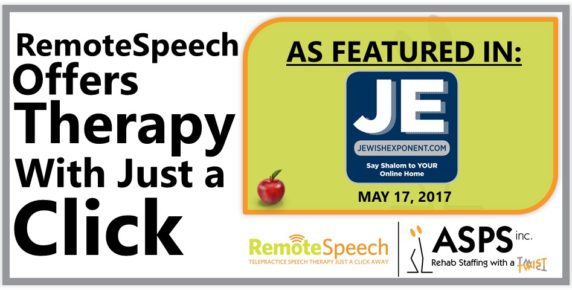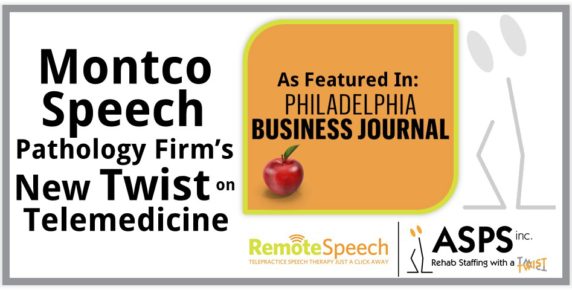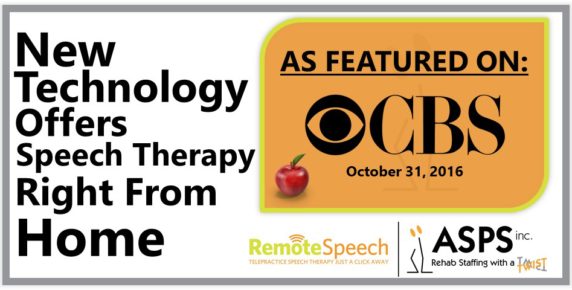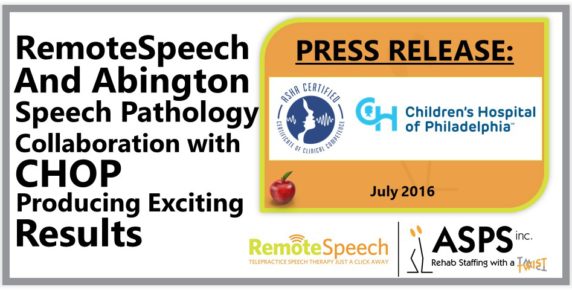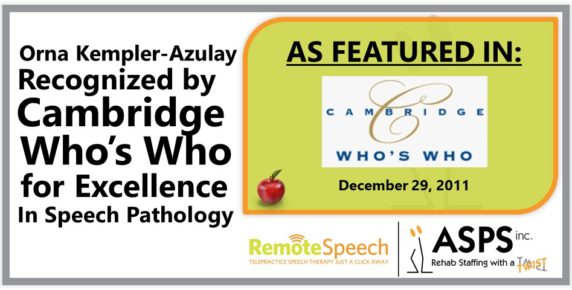A Speech-Language Pathologist (SLP) wears many “hats” by serving multiple roles, and provide a broad range of services. In honor of Autism Awareness Month, we have identified the top 7 ways that Speech-Language Pathologists lend their skills to treat an individual with Autism, and the symptoms that accompany the condition.
WHAT IS A SPEECH-LANGUAGE PATHOLOGIST?
First things first. Speech-language pathology is the pathology (science) of speech and language (less formally referred to as “speech therapy”). It falls under the communication sciences and disorders discipline, which also includes the closely aligned—but separate—study of audiology.
The American Speech Language Hearing Association (ASHA) describes Speech-Language Pathologists (or, “SLPs”) as “experts in communication.” ASHA explains that SLPs “work with people of all ages, from babies to adults, and treat many types of communication and swallowing problems, such as Speech Sounds, Language, Social Communication, Voice, Fluency, Feeding, and Swallowing.
Key defining characteristics of a Speech-Language Pathologist include, but are not limited to:
- Masters or doctoral training in speech-language pathology
- Completed a clinical fellowship
- Participated in continuing education
- Licensed by the State where they practice or hold teacher certification
- Most also hold a certificate of clinical competence from The American Speech Language Hearing Association
- Specialize in multiple areas, with degrees in continuing education
The services that Speech-Language Pathologists provide are vital in diagnosing and treating the leading symptoms of Autism. Here are the top 7 ways that a Speech-Language Pathologists assist in the treatment of Autism’s effects.
EARLY INTERVENTION OF AUTISM

Speech-Language Pathologists play a pivotal role in early childhood development. While delivering services, SLPs continually monitor a child’s development and progress. For example, they will look for skills such as interaction with others, social skills and joint attention (sharing a common focus with another person). Often, they are in an ideal position to spot the early warning signs of Autism. In many instances, they are among the first clinicians to work with a child who has undiagnosed Autism. As a result, SLPs can be a key part of the multi-disciplinary team that makes the initial diagnosis. The result can be earlier diagnosis and intervention that supports development with improved outcomes. Simply put, SLPs are often in the right place, with the right skills, at the right time.
SLPs are often in the right place, with the right skills, at the right time.
ASSISTANCE WITH SPEECH

Speech is the verbal means of communication. It consists of:
- Articulation: How speech sounds are made
- Voice: The use of breathing and vocal cords to produce sounds
- Fluency: The rhythm of speech
Challenges with speech can include speech delays and difficulty producing sounds due to the incorrect movement of the lips, tongue, and mouth.
Speech-Language Pathologists help with all aspects relating to speech development. They assist their patients with making sounds, speaking words, improving articulation (intelligibility) and more.
ASSISTANCE WITH LANGUAGE

Unlike speech, language consists of socially shared rules that include how to put words together, how to make new words, what words mean, and what word combinations are best in what situations. Language involves putting words together to communicate ideas – either verbally or in reading and writing.
Language disorders occur when individuals have difficulty understanding others, sharing thoughts, feelings, ideas, and/or using language in functional and socially appropriate ways. Language disorders may also be in written form.
Examples of how Speech-Language Pathologists assist with Autism include the following commonly associated disorders:
- Receptive Language Disorder – difficulty understanding others
- Expressive Language Disorder – difficulty sharing thoughts, ideas, and feelings
Someone who has Autism may need help in understanding how we use language to have a conversation. He or she may have difficulty understanding such concepts as similar sounding words might have multiple meanings. Another common challenge for many with Autism is understanding that some expressions are meant humorously, sarcastically or figuratively.
*NOTE: Although speech and language disorders can occur by themselves, they often exist together, which is why speech-language pathology is a combined field of study.
SOCIAL COMMUNICATION SKILLS

Social Communication involves the social aspect of verbal and nonverbal communication.
Those with social communication disorders might have difficulty:
- Communicating with others socially (e.g. greeting others, asking questions, etc.)
- Changing their way of communicating depending on the listener or setting
- Following socially acceptable rules of conversation and storytelling
Individuals with Autism Spectrum Disorders may struggle with social communication, as do many individuals with traumatic brain injuries.
SLPs provide treatment in multiple ways. This can include helping someone learn how to adapt his or her language and nonverbal cues to match different social settings, contexts and communication partners. Along these lines, many people with Autism need help to recognize other people’s verbal and nonverbal cues (shrugs, facial expressions, etc.).
IDENTIFY THE MOST APPROPRIATE MEANS OF ALTERNATIVE COMMUNICATION

For many on the Autism Spectrum, being nonverbal can be temporary (as a result of delayed development) or a permanent obstacle that must be addressed. Without verbal expression, a Speech-Language Pathologist can identify the best alternative form of expression for the patient to communicate effectively. Examples of nonverbal communication might include the use of gestures, pictures or visual supports and/or an electronic communication device. SLPs can tailor a communication system that is most effective for the individual, in accordance with their specific needs and challenges.
COGNITIVE-COMMUNICATION DISORDERS

This disorder can describe individuals who have difficulty paying attention, planning, problem-solving, or organizing their thoughts. These challenges may also contribute to behavioral problems as well.
The American Speech Language and Hearing Association (ASHA) explains how Speech-Language Pathologists assist with treatment as:
“Key considerations for treatment include maximizing improvement and/or maintenance of functional communication, evaluation of communication outcomes, and enhancement of quality of life. Speech-language pathologists recognize that communication is always an interactive process and that the focus of intervention may include training of communication partners (e.g., caregivers, family members, peers, educators, etc.) and modification of communication in schools, workplaces, and other settings.”
SOCIAL SUPPORT SYSTEM

A leading role of a Speech-Language Pathologist includes education for the patient’s immediate support network, such as parents, caregivers, educators, community members and more. SLPs not only collaborate with education and healthcare professionals but act as a vital resource to caregivers who seek to build their network of support.
_______________________________________________________________________________________________
If you believe that your child would benefit from a formal screening from licensed, Speech-Language Pathologist, click here to schedule a complimentary assessment by one of our licensed partners.

